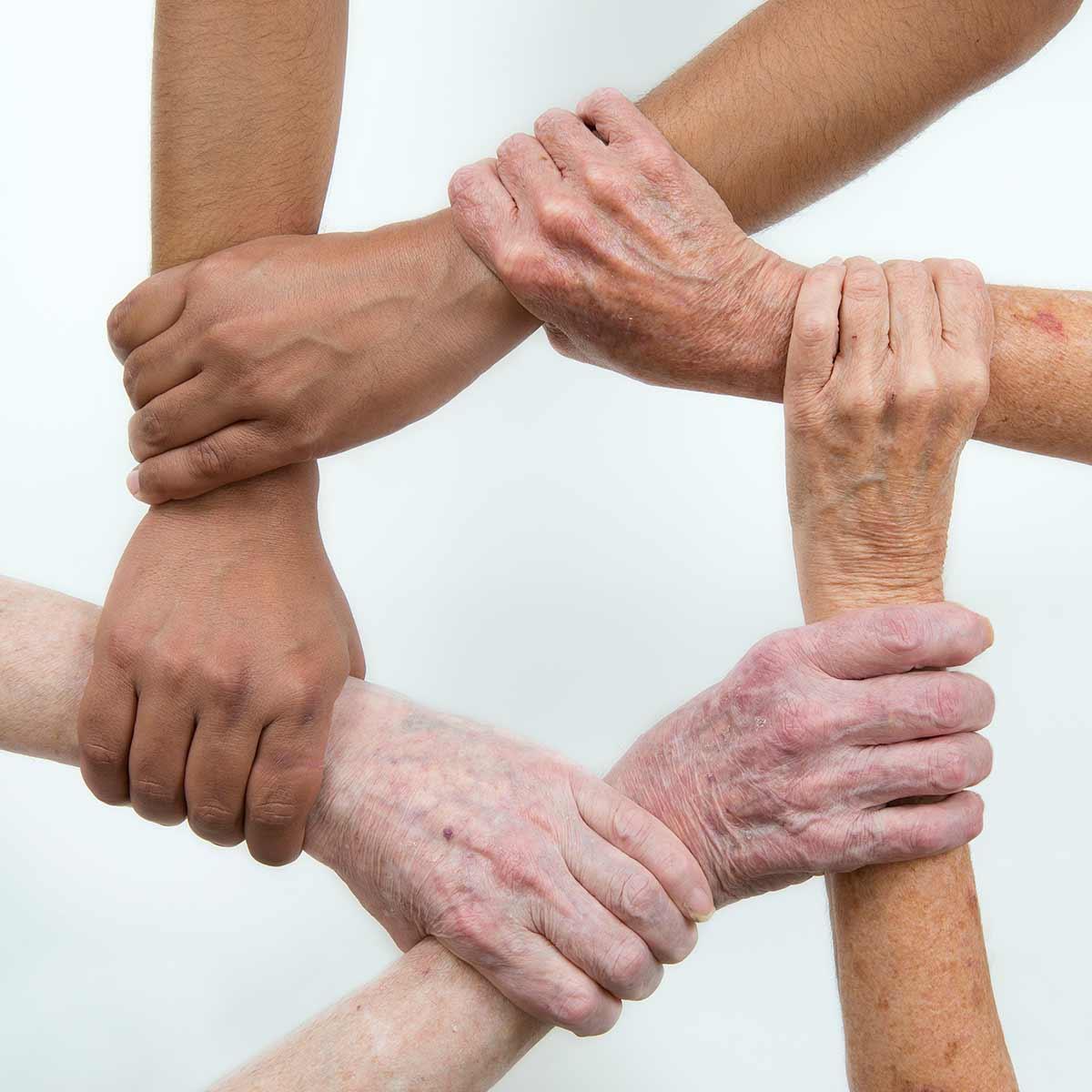About the Centre
This project is now concluded
This project is now concluded (2016-Nov 2022) and these pages are no longer updated. They remain for historical context relating to the project.

Frailty and healthy ageing
The CRE Frailty and Healthy Ageing brings together a diverse team of researchers from many disciplines including:
- Geriatric medicine and gerontology.
- Nursing.
- General practice.
- Allied health.
- Pharmacy.
- Orthopaedics surgery.
- Rehabilitation medicine.
- Demography.
- Health economics.
And we collaborate with many other disciplines such as:
- Computer science.
- Architecture.
- Mathematics.
We aim to be internationally renowned as an authoritative and collaborative research centre which conducts world leading and timely research which will improve health outcomes and the well-being of older people here in Australia and globally.
The team is also committed to building the next generation of clinical specialists and research leaders in the field of geriatrics and healthy ageing. The centre therefore collaborates with the Adelaide Geriatrics Training and Research with Aged Care (G-TRAC) research and training centre directed towards positive outcomes for the health and well-being of older people.
The centre is funded by the National Health and Medical Research Council, The Hospital Research Foundation and the University of Adelaide to establish a global frailty research network. This network includes three international frailty research and clinical centres of excellence in the USA, Canada and France.
-
Defining frailty
Most people associate the term ‘frailty’ with being old and fragile or with being very weak. However, to someone working in geriatrics research, the term ‘frailty’ has an important and specific medical meaning.
-
Frailty is treatable
Many people assume that nothing can be done to prevent or treat frailty but that is not the case. Frailty doesn’t happen to everyone but when it occurs, it can be characterised by many symptoms and signs including but not limited to a loss of muscle mass and strength (sarcopenia), decreased mobility and less endurance, slower movements and less activity.
In some cases frailty may not be recognised in the early stages, and by the time it is picked up by clinicians, patients or carers, it may actually be too late to treat. Frailty may influence the way we live as we age, but it is not irreversible. Although our understanding is still imperfect, it appears that if frailty can be tackled before the aggregate damage makes an individual vulnerable to serious health problems and an unhealthy old age, both those who are ageing and the whole of society will benefit.
Australian research is in its early stages, but if frailty can be identified through the use of clinical, functional, behavioural and biological markers, we may be able to devise preventative strategies and methods of halting or reversing the insidious progression of the condition.
-
Frailty research is important
Four million Australians might be impacted by frailty by 2050. Never in the course of human history have such a large number of individuals lived for several decades after retiring from work. Frailty can no longer be ignored.
Frailty is:
- A personal health issue.
- A public health issue.
- A societal health issue.
- An economic health issue.
